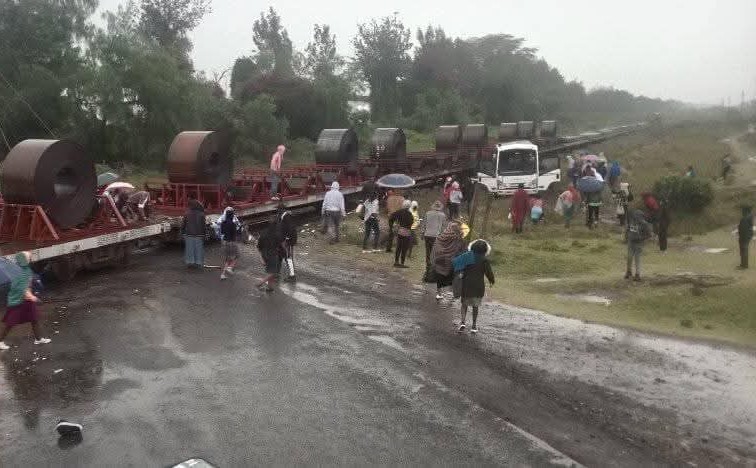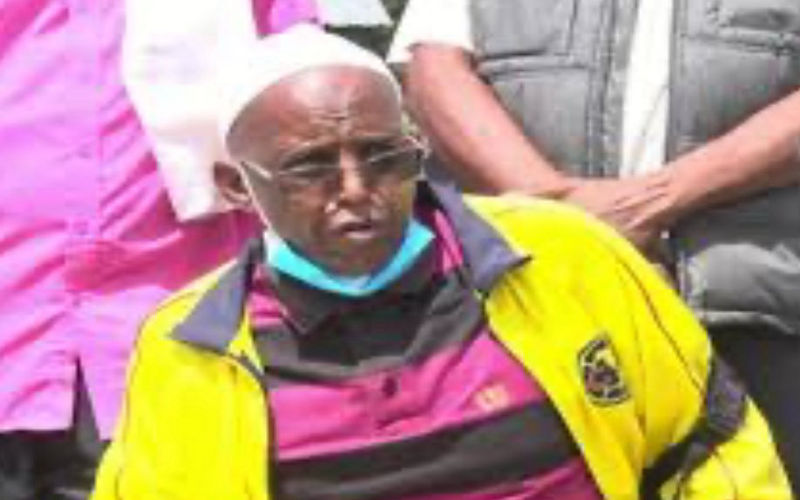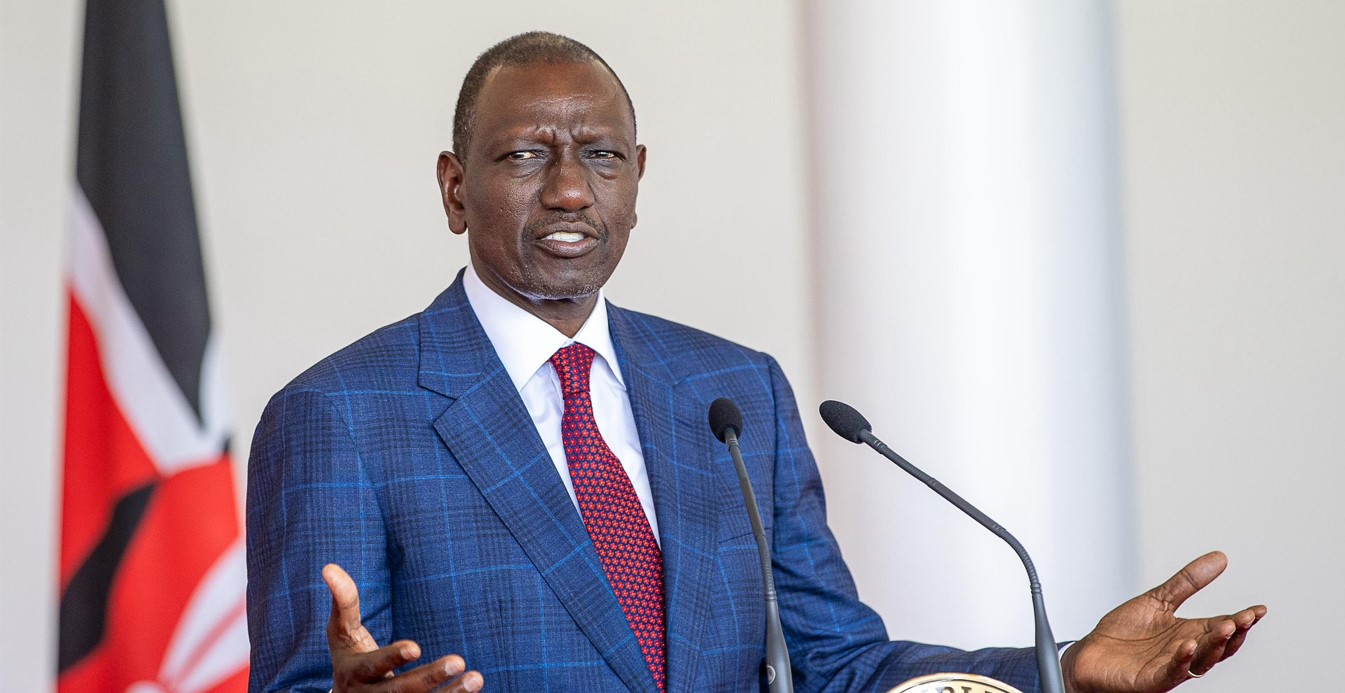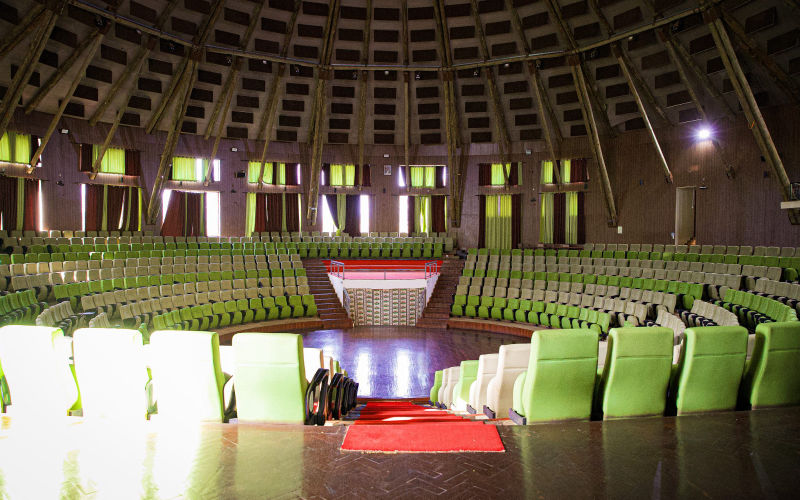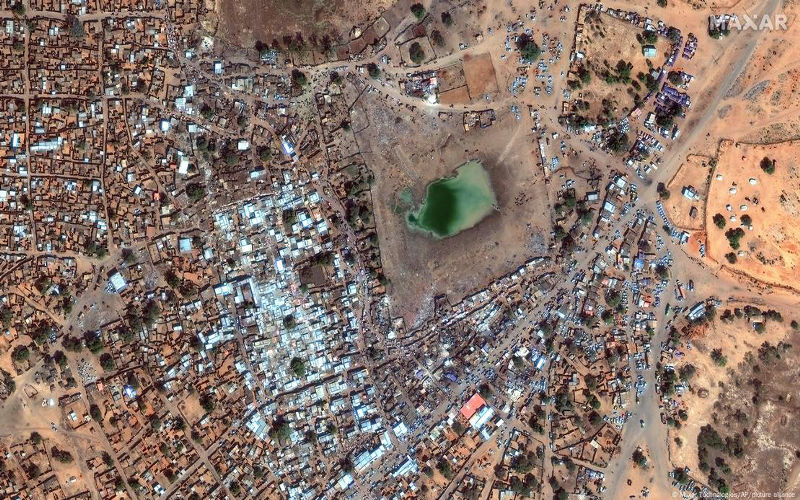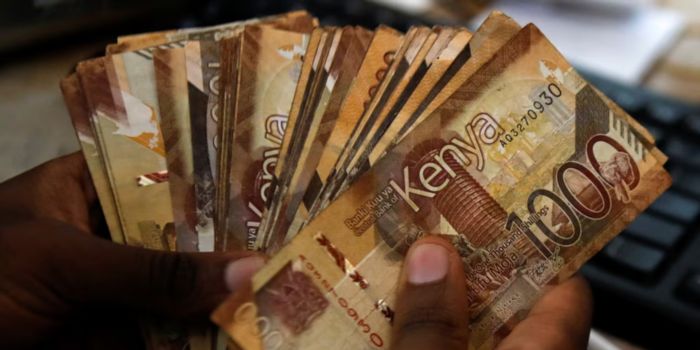Duale says Kenya to introduces colour-coded bags for waste segregation
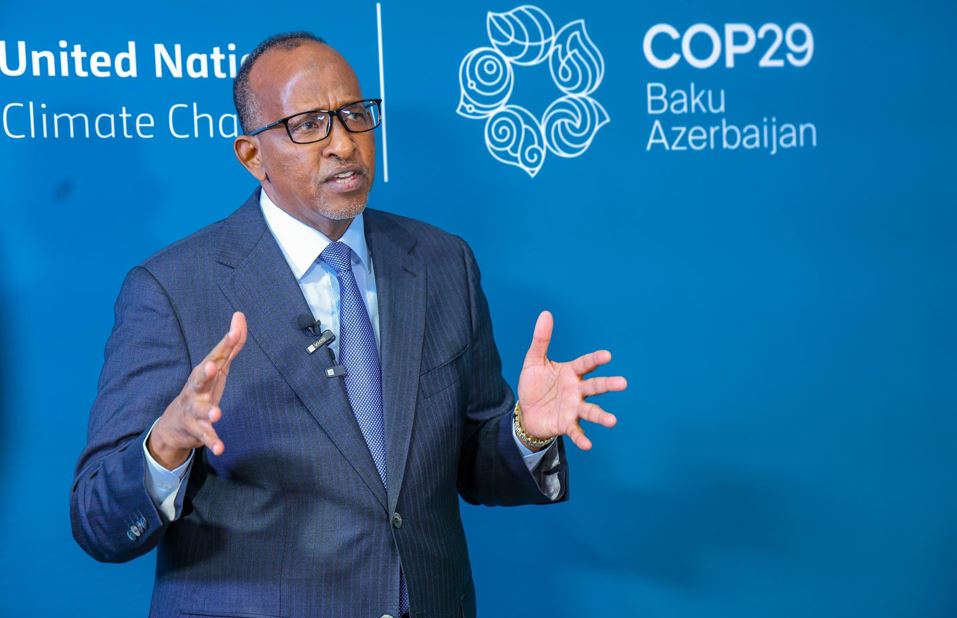
The new system also involves specialised material recovery facilities where waste will be sorted into wet and dry categories.
Kenya is stepping up its efforts in sustainable waste management with the introduction of the National Sustainable Waste Management Act 2022.
Speaking at the COP29 Climate Conference on Wednesday in Baku, Azerbaijan, Environment Cabinet Secretary Aden Duale outlined the new measures aimed at improving waste segregation and disposal across the country.
More To Read
- Auditor General flags NEMA for relying on a single officer to evaluate thousands of projects
- Kenyan communities speak out as Verra moves to reform controversial carbon credit system
- Climate projects in South Sudan can turn deadly - how to avoid this
- World Court just ruled countries can be held liable for climate change damage – What does that mean for US?
- Somalia’s climate crisis demands global action, says IOM
- Historic climate change ruling from the International Court of Justice: What it means for Africa
Under the new law, every household in Kenya will receive three colour-coded bags to separate waste into specific categories: green for organic waste, blue for recyclables, and red for hazardous materials.
Duale noted that this initiative is crucial for enhancing waste management efficiency and reducing environmental impact.
"We will equip waste collection trucks with NEMA-issued tracking documents to ensure proper disposal and traceability, and they will follow designated routes to certified disposal sites," he explained.
This step is expected to improve accountability and help monitor waste from homes to final disposal points.
The new system also involves specialised material recovery facilities (MRFs), where waste will be sorted into wet and dry categories.
Organic waste will be sent to appropriate treatment facilities, while hazardous waste marked in red bags will be incinerated to ensure safe disposal.
In addition, the government is cracking down on industrial pollution, with the National Environment Management Authority (NEMA) issuing closure notices to 145 industrial facilities along the Nairobi River Basin for failing to meet environmental standards.
CS Duale revealed that these facilities, which have malfunctioning effluent treatment plants (ETPs), are responsible for a significant portion of the pollution in the river.
"Waste from informal settlements contributes less than 1 per cent to the pollution of Nairobi's rivers and can be effectively managed using these eco-friendly technologies," he said, dispelling common misconceptions about the role of informal settlements in environmental degradation.
Top Stories Today




